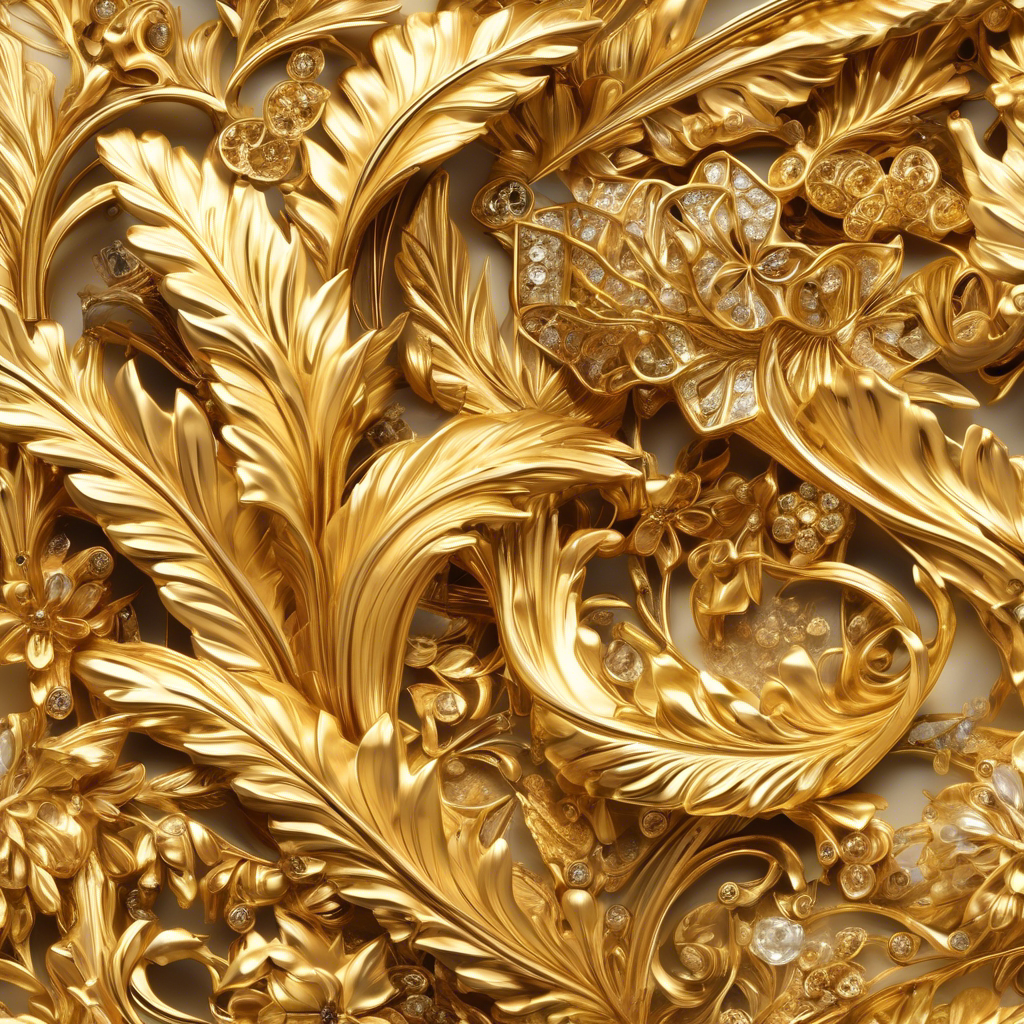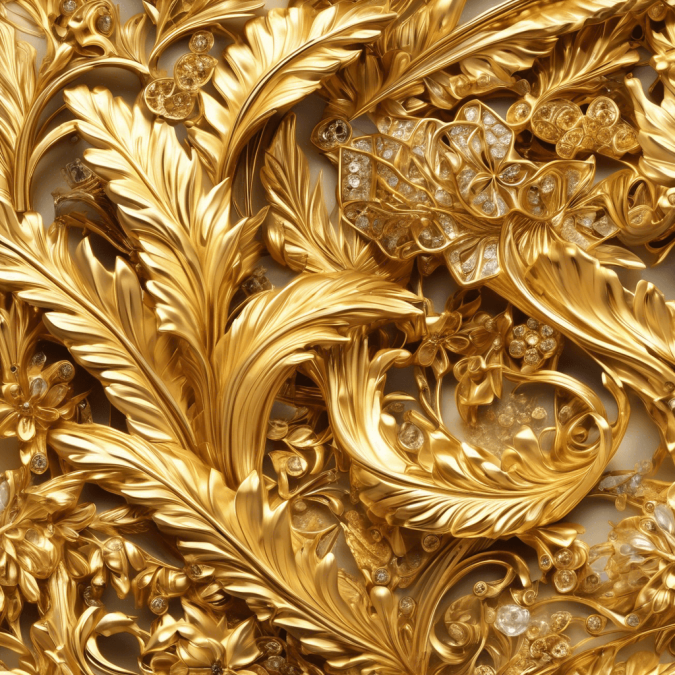
The history of gold discovery is a fascinating tale that spans centuries and continents. Gold has been coveted by humans for its beauty, rarity, and intrinsic value. It has played a crucial role in shaping the history of the world, from ancient civilizations to modern economies.
The earliest known discovery of gold dates back to around 3000 BC in the region that is now Egypt. Gold was highly prized by the ancient Egyptians, who believed it to be the flesh of the gods. They used gold not only for decorative purposes but also for religious rituals and as a form of currency.
Gold mining spread to other parts of the world, including Europe, the Middle East, Asia, and Africa. The Greeks and Romans also valued gold for its beauty and durability. They used it to make jewelry, coins, and other luxury items.
In medieval Europe, gold was used as a form of currency and a symbol of wealth and power. Kings and nobles adorned themselves with gold jewelry and crowns to display their status. Coins were minted by governments to facilitate trade and commerce.
The discovery of the Americas in the 15th century brought a new influx of gold to Europe. Spanish conquistadors plundered the Aztec and Inca empires for their gold treasures, enriching the coffers of European monarchs. The Spanish galleons that sailed back to Europe were laden with gold and silver from the New World.
The discovery of gold in California in 1848 sparked the famous Gold Rush, drawing thousands of fortune seekers from around the world. The prospect of striking it rich lured miners and settlers to the rugged terrain of the American West. The Gold Rush had a profound impact on the development of the United States, fueling the growth of cities like San Francisco and shaping the economy of the nation.
Gold has also played a significant role in the history of England, France, Spain, the Netherlands, Italy, and Germany. These countries used gold to finance wars, build empires, and establish colonies around the world. The gold standard, which linked the value of currency to a fixed amount of gold, was adopted by many countries in the 19th and 20th centuries.
The discovery of gold has had a lasting impact on the lives of people and the course of history. It has fueled economic growth, stimulated trade and commerce, and inspired exploration and discovery. Gold has been a symbol of wealth, power, and beauty for millennia, and its allure continues to captivate people around the world.
The history of gold discovery is a testament to human ingenuity, ambition, and perseverance. From the ancient civilizations of Egypt and Mesopotamia to the modern economies of the 21st century, gold has played a central role in shaping the world we live in today. Its enduring value and beauty have made it a treasured commodity throughout the ages.
In conclusion, the history of gold discovery is a rich tapestry of stories and events that have shaped the course of human history. From ancient civilizations to modern economies, gold has played a central role in the development of societies and cultures around the world. Its enduring allure and value have made it a symbol of wealth, power, and beauty for millennia. The impact of gold on people’s lives and the history of the world cannot be understated, and its legacy continues to resonate today.
